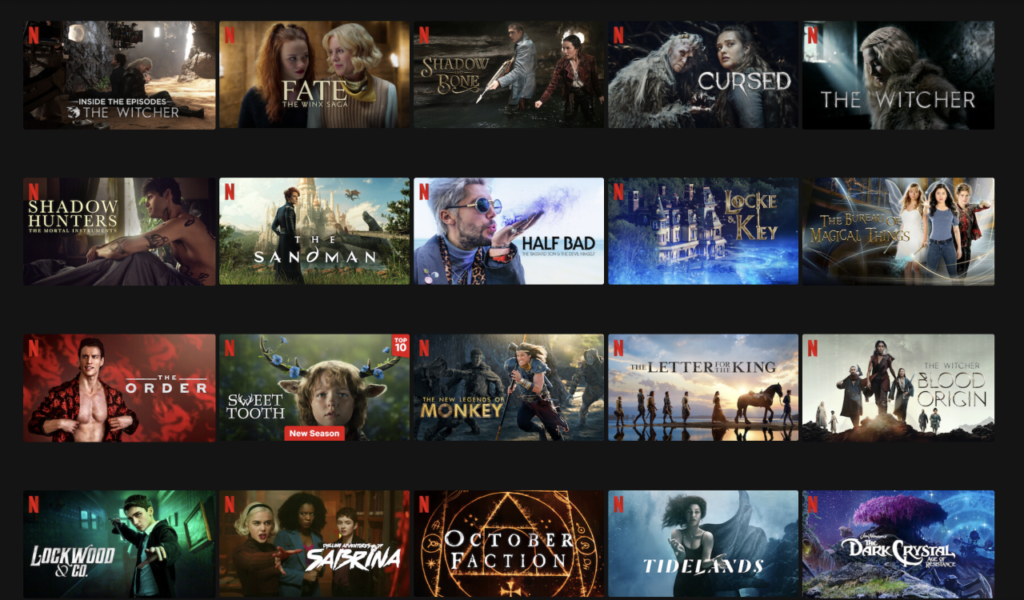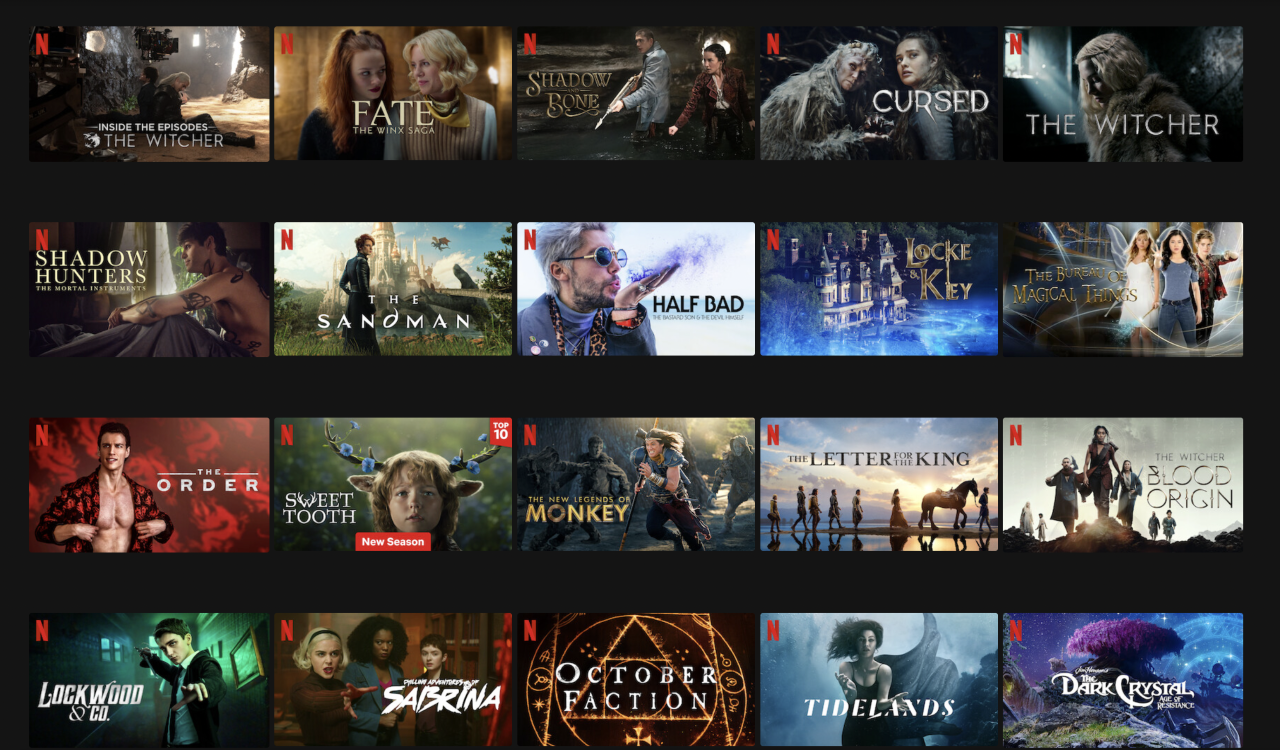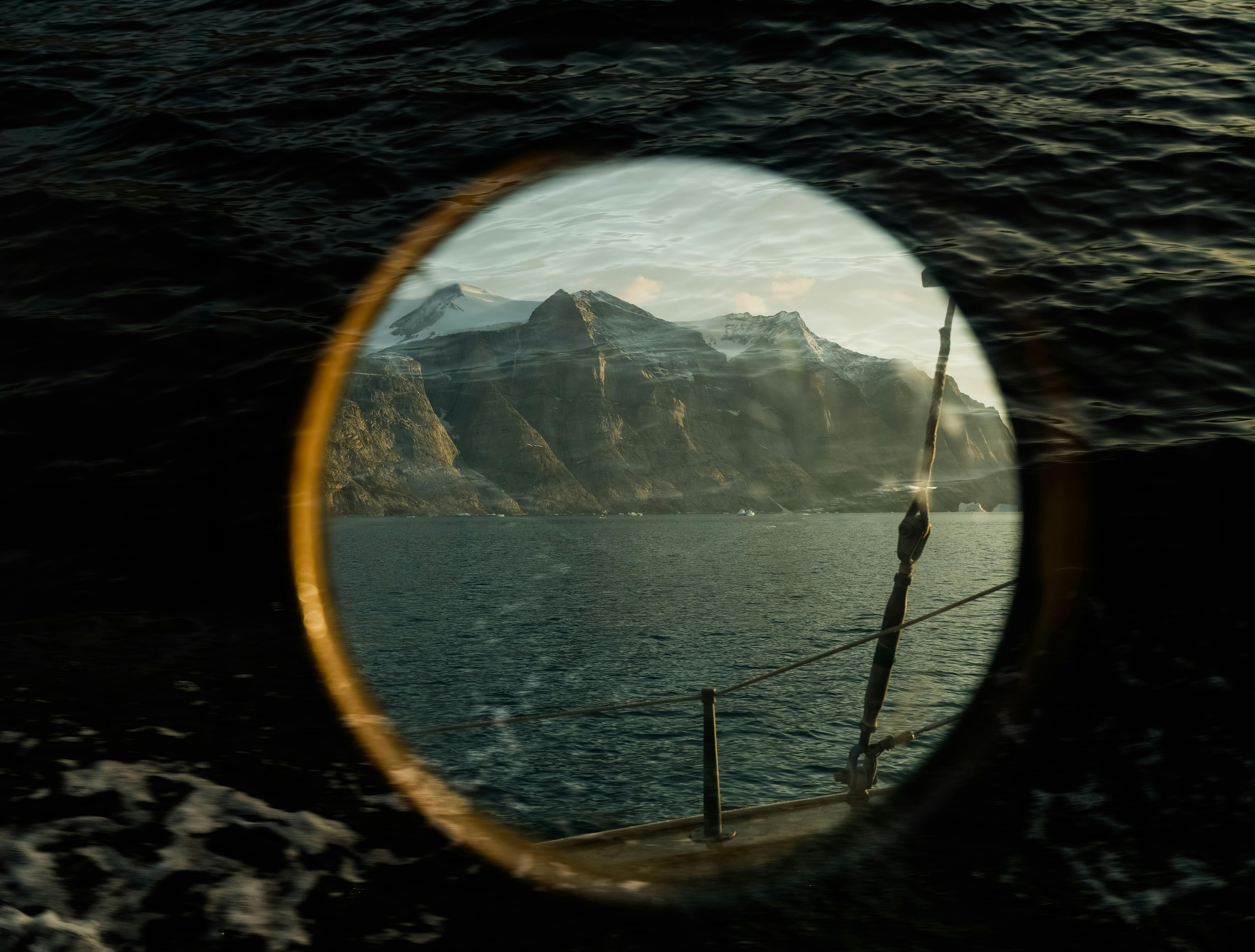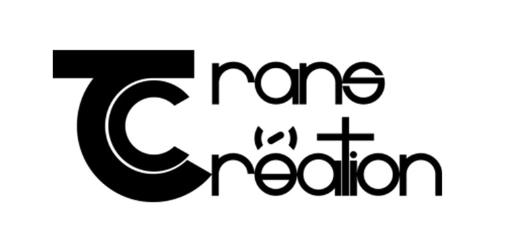CFP: “Serial Repetitions: Retheorizing Fantasy in TV and Other Media” (Special Issue: Science Fiction Film and Television)
 "Serial Repetitions: Retheorizing Fantasy in TV and Other Media" - Science Fiction Film and Television Special Issue
"Serial Repetitions: Retheorizing Fantasy in TV and Other Media" - Science Fiction Film and Television Special Issue
Guest editors: Michelle Anya Anjirbag (maa93@cantab.ac.uk) and Timothy S. Miller
(millert@fau.edu)
Abstracts of 500 words due by July 1, with indicative bibliography. Notifications of acceptance will be sent by July 15, with complete drafts of 6000 words due by November 1
We invite essay submissions for an upcoming special issue of the journal Science Fiction Film and Television dedicated to retheorizing recent televisual fantasy and other fantasy media of the “post-TV” era. Fantasy media, especially televisual media, has proliferated in the contemporary moment. Having grown both in popularity and in a multitude of directions, it has also developed its own specific visual and auditory modes of communication, distinct from those characteristic of fantasy feature-length films or other genre films. As this mode of entertainment and narrative transmission continues to develop and change, we find it necessary to ask such questions as: what is fantasy media today? And who is fantasizing about what, and why?
To theorize the televisual fantastic as a distinct form leads us to recognize an implicit relationship between the serialized or episodic format of such media and the tendency of fantasy itself towards repetition, with its gestures to the past and past narratives: we invite contributors to consider how this relationship might be made more explicit. Particularly, we are interested in how, with box sets and on-demand streaming, audiences always have the option to revisit familiar fantasy narratives from TV or other new media, but also seem to hunger for the implicit repetition of old narratives and familiar characters in the new contexts and forms provided by assorted remakes, adaptations, prequels, spinoffs, and other revisitations of prior works and worlds. In essence, repetition has become a defining way of experiencing fantasy media, whether the literal repetition that is binge-watching and re-experiencing old stories; the repetition represented by “new” stories tied to them; or the remixing and repetition of tropes, motifs, and narrative units in play spaces and fan works. If there is a comfort or nostalgia in repetition, how “old” does something have to be to be repeated? If new works reiterate not only those from fifty years ago, or twenty years ago, but even more recently still, how should we understand the resulting compression effect? We challenge contributors to think about the ways in which television adaptation has been and continues to be a process of not only translation, but re- writing and/or re-memorying, and are especially interested in essays that will address what new media practices and platforms tell us about the nature of televisual fantasy of this decade and the last.
Fantasy’s extension into mass media has never been more pronounced than today. Tremendous productions such as Amazon’s The Rings of Power and HBO’s House of the Dragon have bet on the continuing power of big-budget fantasy -- and specifically the prequel form -- to attract subscribers to streaming platforms, and a number of other landmark fantasy sagas have received recent adaptations due to the insatiable demands of such platforms for fantasy content, including The Wheel of Time and The Witcher. Alongside such secondary-world fantasies, a parallel tradition of fantasy with folkloric and fairytale inspirations continues to thrive on the small screen (from The 10th Kingdom to Once Upon a Time and many others). But, in recent years, fantasy narratives have also expanded into very different media spaces, including the streaming and video sharing platforms that now host so many play sessions of Dungeons & Dragons and other tabletop roleplaying games. If David Butler considers fantasy in film as “an impulse rather than a single coherent genre,” and Brian Attebery positions literary fantasy as a “fuzzy set” definable only by family resemblances, does the fantasy impulse become clearer or fuzzier as it is translated onto the screen? What perhaps most unites fantasy media today is this very drive towards repetition, but how might we retheorize repetition itself in fantasy and media studies? In order to pursue what is distinctive about fantasy TV and related media as forms, this special issue will exclude traditional feature-length fantasy films and conventional digital games. Nevertheless, the range of fantasy media platforms to be considered could include: “linear TV” series on traditional network television and recent cable shows; made-for-streaming serial narratives; and various other late 20th and early 21st century evolutions of short- or longform fantastic narrative across digital platforms such as YouTube, Twitch, Vimeo, and others (including web series, “actual play” of TTRPGS, and more).
Essays might approach such topics as the following:
- Fantasy theory as applied to televisual media: what might be the utility and/or the limitations of the body of fantasy scholarship that has arisen in response to the literature of the fantastic when applied to screen narratives (for example Farah Mendlesohn’s Rhetorics of Fantasy, Brian Attebery’s extensive work, or earlier psychoanalytic, structural, or historical materialist approaches)? How, also, might we theorize recent fantasy media with or against existing treatments of fantasy cinema emphasizing the feature film, such as David Butler’s Fantasy Cinema: Impossible Worlds on Screen?
- How fantasy animation has developed not only in terms of style but also more broadly in terms of the varied audiences addressed; this medium is perhaps, thanks to Disney and Dreamworks, most associated with childhood and childhood texts, but fantasy animation is also created for both dual audiences and specifically adult audiences. How does this unique form affect the interpretation and creation of the fantasy space today
- Fantasy adaptation(s) in the 21st century: a number of fantasy properties have appeared on screen recently in longform format, such as His Dark Materials, American Gods, The Magicians, The Sandman, Shadow and Bone, and many more, including recent “prestige” adaptations of literary works that border the fantastic such as Kindred (2022), The Underground Railroad (2021), and others. Do such acts of expansion, repetition, and revisitation bear a unique relationship to fantasy media and the way it conceptualizes history, or part of larger cultural tendencies towards nostalgia?
- Relationships and distinctions to be traced among such overlapping subgenres as fairytale fantasy, dark fantasy, and supernatural horror
- The global or non-Anglophone fantastic on TV
- Gendered dimensions of the framing of audiovisual fantasy
- Issues related to race, representation, and casting in bringing fantasy worlds to screen,
including online fan backlashes - Comparing franchise strategies that inadvertently define audiovisual fantasy, and fantasy in and as mass media
- Fantasy’s promised potential for imagining radical different social and cultural conditions, poised against the simultaneous corporate movement to exploit and monetize the fantasy impulse



